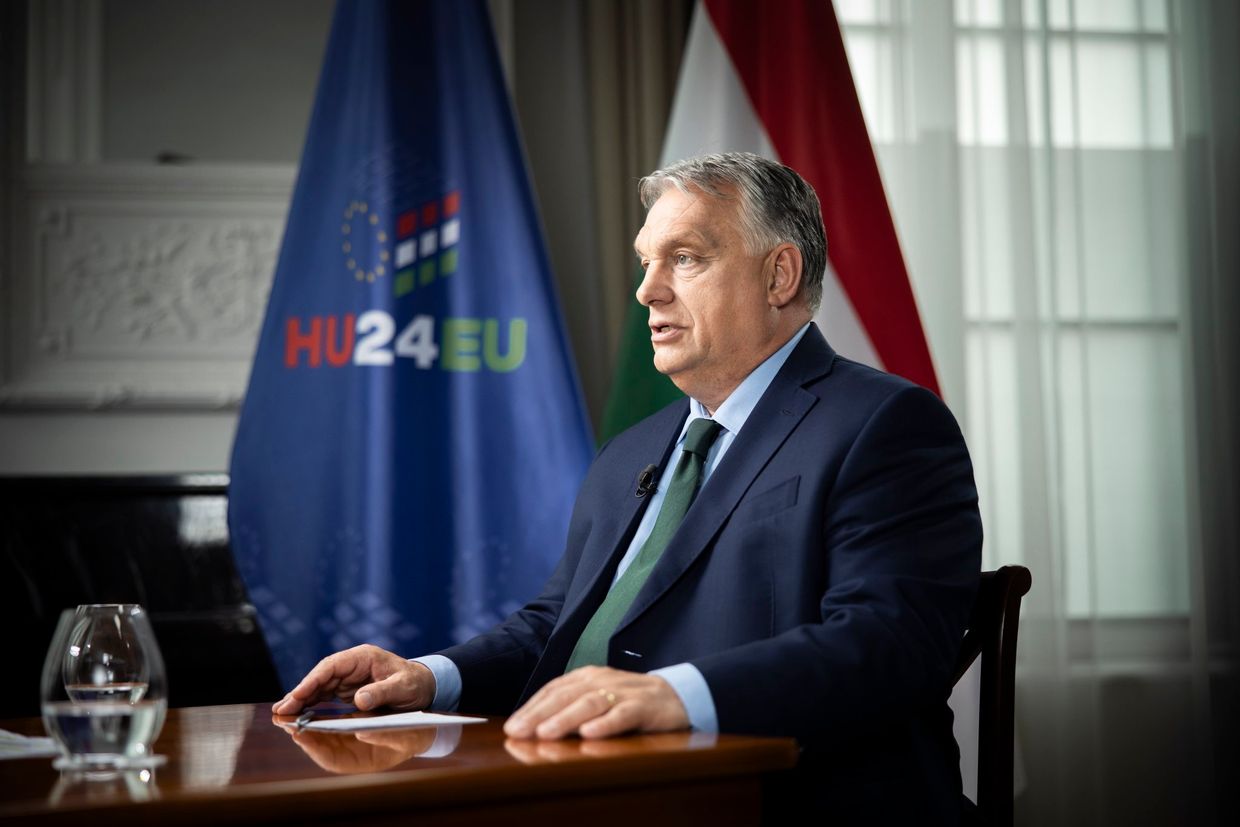Orban says Kyiv and Moscow's positions on peace 'are very far apart'

Hungary's Prime Minister Viktor Orban said on July 5 that Ukraine and Russia's stances on the full-scale invasion and prospects for peace are "very far apart."
The insight came to him during a trip to visit Russian dictator Vladimir Putin in Moscow, just days after meeting President Volodymyr Zelensky in Kyiv.
"Over the past two and a half years, we have realized that we cannot achieve peace without dialogue and diplomatic channels," Orban said at a press conference with Putin.
"I felt that the positions are very far from each other, that many steps need to be taken to establish peace, but the first important step towards dialogue has already been taken."
Orban also revealed three questions he asked Putin – what he thinks about existing peace initiatives, what he thinks about a ceasefire and peace talks and when they could be held, and his opinion on post-war European security architecture.
He did not say how Putin responded to any of these.
Putin earlier in the day welcomed Orban in Russia's capital, saying he hopes to discuss bilateral relations and the situation in Ukraine.
Budapest has repeatedly opposed Ukraine's accession to NATO and the EU and sanctions on Russia, undermined Western aid efforts for Ukraine, and maintained close relations with Moscow throughout the full-scale war.
The prospect of Orban traveling to Russia, especially after Hungary had just acquired the rotating presidency of the Council of the European Union, angered many in the EU.
Swedish Prime Minister Ulf Kristersson said the trip was "an insult to the Ukrainian people’s fight for their freedom."
European Council President Charles Michel said that Hungary, in its role as the current rotating presidency of the Council of the EU, "has no mandate to engage with Russia on behalf of the EU."
The EU further emphasized that Orban's visit to Russia was "not representing the EU in any form."
Josep Borrell, the EU's top diplomat, wrote on X that the trip "falls exclusively in the bilateral relations between Hungary and Russia."
Other European leaders commented on Orban's visit.
"Orban is visiting Moscow. Appeasement will not stop Putin," said European Commission President Ursula von der Leyen.
"Only unity and determination will pave the path to a comprehensive, just and lasting peace in Ukraine."
Ukraine's Foreign Ministry echoed the sentiment, saying that "the decision to make this trip was made by the Hungarian side without the agreement or coordination from Ukraine."













